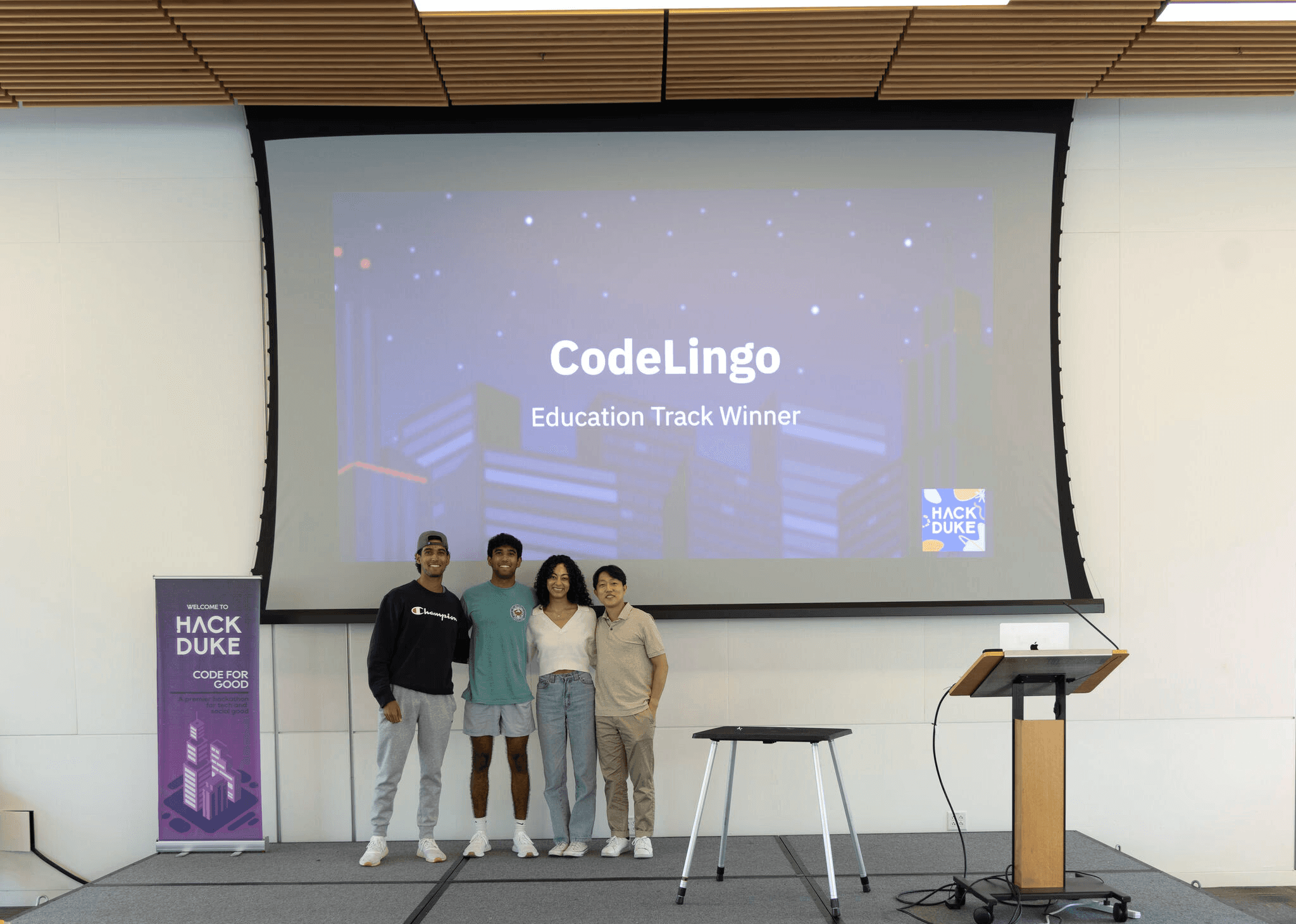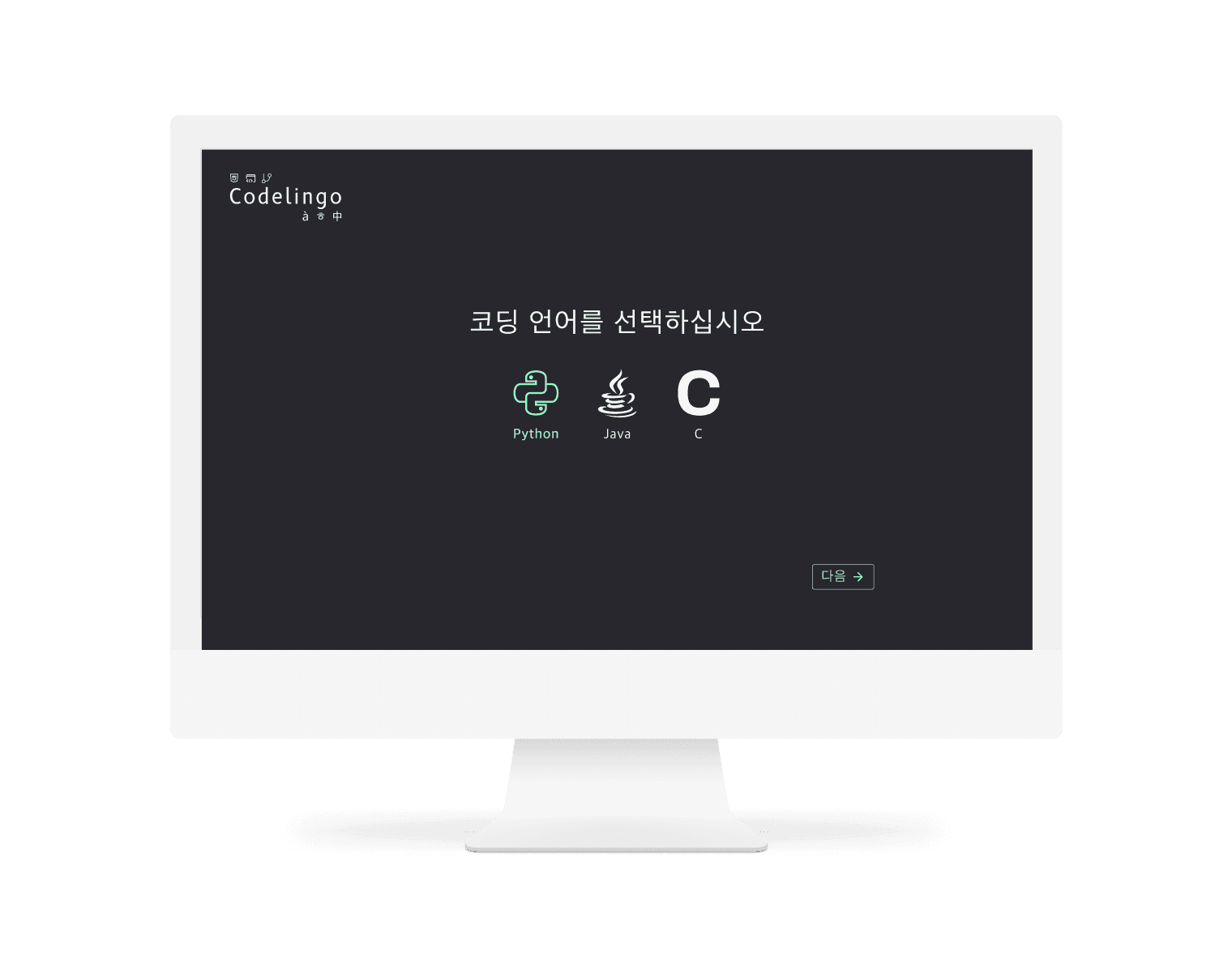Designed a webapp within 36 hours that breaks down the language barrier of learning to code

Learning to code is significantly harder for non-native English speakers. Why? Not surprisingly, English is the dominant language for not only documentation but also for reporting/ filing bugs. Even less surprisingly, it's been found that children learn to code faster in their native language than in English.
That's the reasoning behind CodeLingo - an AI ed-tech platform for non-native English speakers learning to code, built using OpenAI's GPT-3.5 and DeepL's translator API.
While CodeLingo's primary goal is to make it easier for non-native English speakers to learn to code in their native language, there is also a use case for English speakers working abroad! While interning at a small startup in South Korea in 2021, I worked on a team with engineers from Spain, the US, and South Korea, with Korean as our common language. As a non-native Korean speaker, it would have been extremely helpful to have a platform like CodeLingo to establish a shared understanding of programming fundamentals in Korean rather than English.
Learning to code is significantly harder for non-native English speakers. Why? Not surprisingly, English is the dominant language for not only documentation but also for reporting/ filing bugs. Even less surprisingly, it's been found that children learn to code faster in their native language than in English.
That's the reasoning behind CodeLingo - an AI ed-tech platform for non-native English speakers learning to code, built using OpenAI's GPT-3.5 and DeepL's translator API.
While CodeLingo's primary goal is to make it easier for non-native English speakers to learn to code in their native language, there is also a use case for English speakers working abroad! While interning at a small startup in South Korea in 2021, I worked on a team with engineers from Spain, the US, and South Korea, with Korean as our common language. As a non-native Korean speaker, it would have been extremely helpful to have a platform like CodeLingo to establish a shared understanding of programming fundamentals in Korean rather than English.
Learning to code is significantly harder for non-native English speakers. Why? Not surprisingly, English is the dominant language for not only documentation but also for reporting/ filing bugs. Even less surprisingly, it's been found that children learn to code faster in their native language than in English.
That's the reasoning behind CodeLingo - an AI ed-tech platform for non-native English speakers learning to code, built using OpenAI's GPT-3.5 and DeepL's translator API.
While CodeLingo's primary goal is to make it easier for non-native English speakers to learn to code in their native language, there is also a use case for English speakers working abroad! While interning at a small startup in South Korea in 2021, I worked on a team with engineers from Spain, the US, and South Korea, with Korean as our common language. As a non-native Korean speaker, it would have been extremely helpful to have a platform like CodeLingo to establish a shared understanding of programming fundamentals in Korean rather than English.
